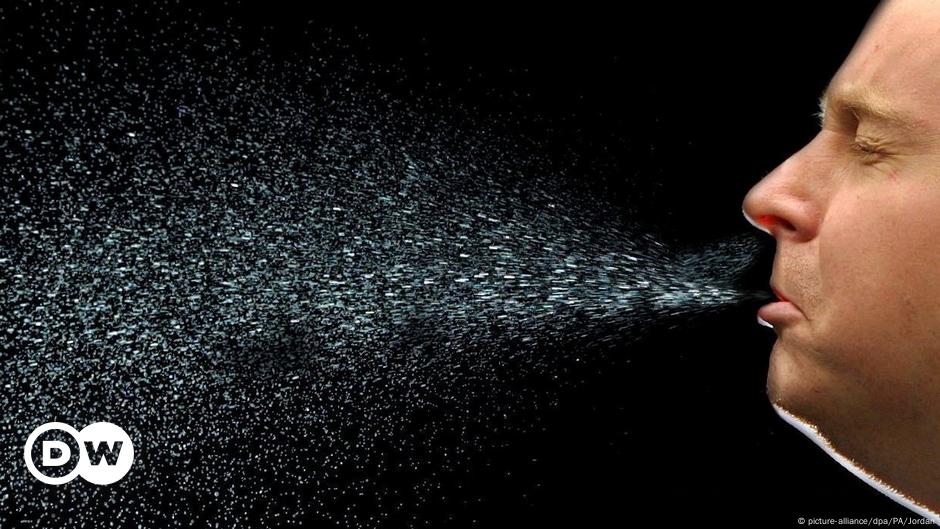
Oropouche virus is spreading. Here’s what we know.
The virus, which is transmitted via insect bite, seems to be reaching new areas, undergoing genetic changes, and may harm fetuses.
This article first appeared in The Checkup, MIT Technology Review’s weekly biotech newsletter. To receive it in your inbox every Thursday, and read articles like this first, sign up here.
There have been plenty of reports of potentially concerning viruses this last year. Covid is still causing thousands of deaths, and bird flu appears set to make the jump to human-to-human transmission. Now there are new concerns over Oropouche, a virus largely spread by bites from insects called midges (sometimes called no-see-ums in the US).
There have been outbreaks of the Oropouche virus in Latin America for decades. But this one is different. The virus is being detected in all-new environments. It is turning up in countries that have never seen it before. The spread is being described as “unprecedented.”
It may also be causing more severe disease. People with Oropouche fever typically have a sudden fever, aches and pains, and nausea. Most cases are mild, but some people have developed encephalitis and meningitis. And this year, two otherwise healthy young women who caught the virus have died.













/cdn.vox-cdn.com/uploads/chorus_asset/file/25686563/ploopy1.jpg)





